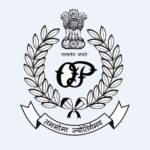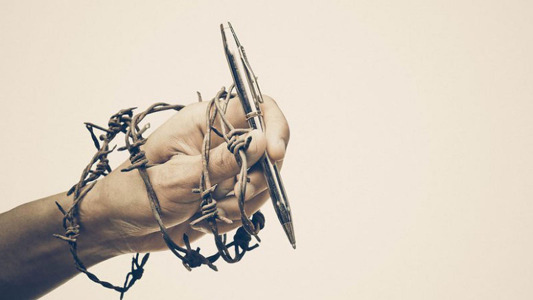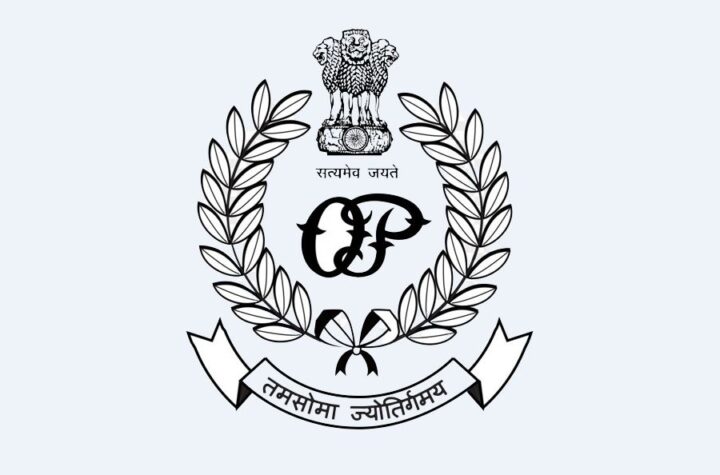Today is the National Press Day!
There is no denying the fact that the Press is the cornerstone of our democracy. The Constitution discusses on the structure of our democracy. The elected legislature makes laws in keeping with the constitution. The judiciary has the power to examine the laws made by the legislature and ensure if it is in consonance with the constitution. It intervenes when it finds that any piece of legislation violates the constitution or infringes on the rights of the citizen. The judiciary also steps in to protect its citizens in case of excesses by the executive. All these are the three pillars of the government and have the due sanction of the constitution.
The supposed to be the fourth pillar -the press has no such constitutional or legal sanction. The concept of the freedom of the press has evolved over the years and gradually the concept has gained acceptance and the press claims that it is the watchdog of democracy and the protector of the rights of the citizen.
After independence most of the newspapers financed by British commercial interests were passed over to Indian hands. The Indian government looked at the question foreign investment in the newspaper industry from two angles. Will it be economically beneficial to the country and what effect would it have in influencing the minds of the people.
In accordance with the recommendation of the First Press Commission , the Union Cabinet decided in 1955 that no newspaper owned by foreigners could in future be published in India. Foreign newspapers and periodicals primarily dealing with news and current affairs cannot bring out Indian editions.
It is given to understand that the first prime minister, Jawaharlal Nehru did not think that readers of newspapers formed their opinion and acted on the basis of what they read. I also doubt myself if newspapers have any great influence on political opinion he asserted.
Article 19(1) a of the constitution says that all citizens of India have the right to freedom of speech and expression. However, the right to freedom of speech is subject to limitations imposed under article 19(2),public order as a ground of imposing restrictions was added by the constitution (first amendment act,1951.Public order is something more than ordinary maintenance of law and order .Public order in the present context is synonymous with public peace, safety and tranquility. Now the major question here is how the ruling government will use these restrictions -In their own interest or in the interest of the public at large. Be it a pandemic or a law and order situation it needs to be taken up in the right earnest.
The media, be it print or digital being the major collective source of information and images, performs and serve numerous need of the society as the preeminent vehicles of communication through which the public participates in different forums be it political or economic ,the credibility of their contribution to public sphere is definitely a vital determinant to the tenets of democracy. If their performance is not to the expected mark a large section of the people remain isolated and ignorant. This obviously gives rise to decision making and control by a group of small elite on important matters which may even be detrimental to the society at large.
Hence, the media should not only be transparent and responsible but also unbiased and accountable to the public.
Freedom is never handed to the media on a platter, the parameters of free expression have to be probed and tested daily, with patience and ingenuity and with a commitment to the well-being of the people, in the best tradition of responsible journalism. The media must be accountable to the people and ideally be their watchdog and a partner in nation building.
By Dr. Ashok Kumar Panda











More Stories
LS elections: 4th phase polling records 63 pc turnout
‘Still poor country’: India going to become third largest economy in world
Viksit Bharat, Viksit Odisha: PM Appeals to State People to Vote for BJP